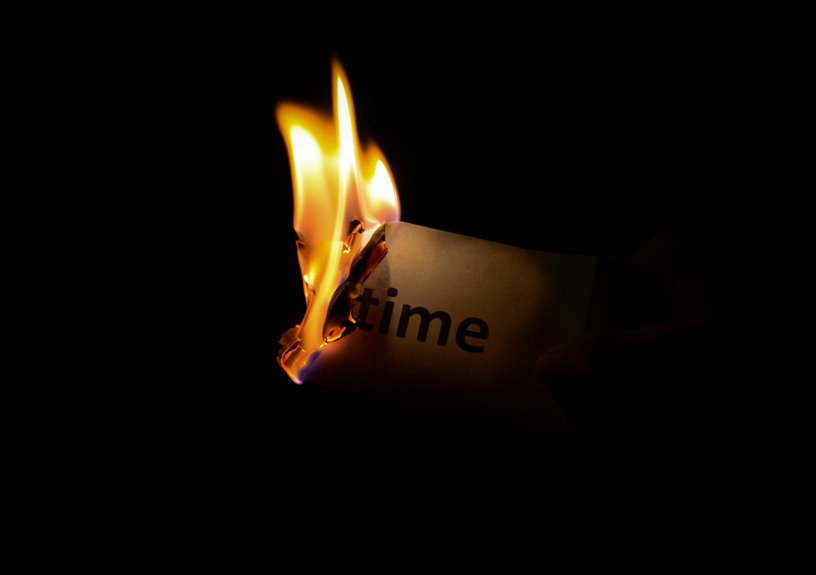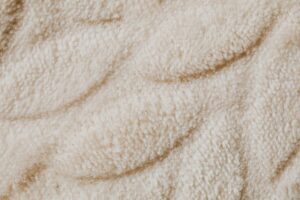I’ve often heard homeowners worry that their heat pump runs too much, but the truth is that continuous operation is actually normal and beneficial for these systems. Unlike traditional furnaces that blast hot air in short bursts, heat pumps work best when maintaining steady temperatures through longer running times. As someone who’s worked with these systems, I can tell you there’s more to the story of why heat pumps seem to run constantly and when you should actually be concerned.
Normal Heat Pump Operating Patterns

While many homeowners expect their heat pumps to cycle on and off like traditional HVAC systems, these units actually operate quite differently.
Depending on where the heat pump is located, I’ve found that heat pump cycles are typically longer and more continuous, especially during extreme weather conditions. When you’re experiencing intense cold or heat, your system might run for extended periods to maintain your desired indoor temperature.
I want you to know that it’s perfectly normal for your heat pump to run longer than a conventional system. Rather than creating dramatic temperature fluctuations, your heat pump works to make subtle adjustments, maintaining consistent comfort throughout your home.
In fact, these extended running times are often more efficient than frequent starts and stops, which can strain your system and increase energy consumption.
Factors That Affect Heat Pump Runtime
Several key factors influence how long your heat pump needs to run to keep your home comfortable.
I’ve noticed that runtime variability is a natural part of heat pump operation, and understanding these factors can help you recognize normal versus problematic patterns.
- Outside temperature: When there are significant temperature fluctuations outdoors, your heat pump will need to run longer to maintain your desired indoor temperature.
- Home insulation quality: I’ve found that well-insulated homes require shorter runtime periods since they retain conditioned air more effectively.
- Heat pump sizing: If your unit is too small for your space, it’ll need to run longer to reach target temperatures, while an oversized unit may short cycle, reducing efficiency.
I always recommend monitoring these factors to guarantee your heat pump operates at peak performance.
Signs of Excessive Heat Pump Operation
Although most heat pumps operate with periodic cycling throughout the day, I’ve identified key warning signs that indicate your system might be running excessively.
When I perform runtime analysis on heat pumps, I look for telltale issues like unusually high electric bills, constant system operation without breaks, and uneven heating or cooling throughout your home.
I want you to pay attention to concerning symptoms like strange noises, excessive humidity, or if your heat pump can’t maintain your desired temperature.
Through my experience with heat pump maintenance, I’ve found that these issues often signal problems with your system’s efficiency.
If you notice ice formation on outdoor units during winter, or if your system short-cycles by turning on and off frequently, it’s time to call a professional for an inspection.
Energy Efficiency and Continuous Operation

Many heat pump owners believe continuous operation wastes energy, but in my experience, modern systems can actually be more efficient when running for longer periods.
I’ve found that steady operation helps maintain consistent temperatures while reducing the strain of frequent starts and stops.
Here are the key benefits of longer running times:
- Lower overall energy consumption since the system doesn’t need to work as hard to overcome temperature fluctuations
- Reduced wear and tear on components, which means less frequent system maintenance and repairs
- Better temperature control throughout your home, as the constant airflow eliminates hot and cold spots
When your heat pump runs continuously at a lower capacity, it’s actually working as designed – providing efficient, reliable comfort while maximizing the lifespan of your investment.
Optimizing Your Heat Pump’s Performance
While maintaining consistent operation is important, getting the best performance from your heat pump requires attention to several key factors that I’ve learned through years of experience.
I recommend scheduling regular heat pump maintenance before each heating and cooling season to guarantee ideal efficiency. You’ll want to keep your outdoor unit clear of debris, leaves, and snow, which I’ve found can greatly impact performance.
I always suggest maintaining consistent temperature settings rather than frequently adjusting them. Set your thermostat to a comfortable temperature and let your heat pump do its job.
I’ve discovered that keeping air filters clean, checking ductwork for leaks, and verifying proper refrigerant levels are essential steps that will help your system run efficiently and extend its lifespan.







